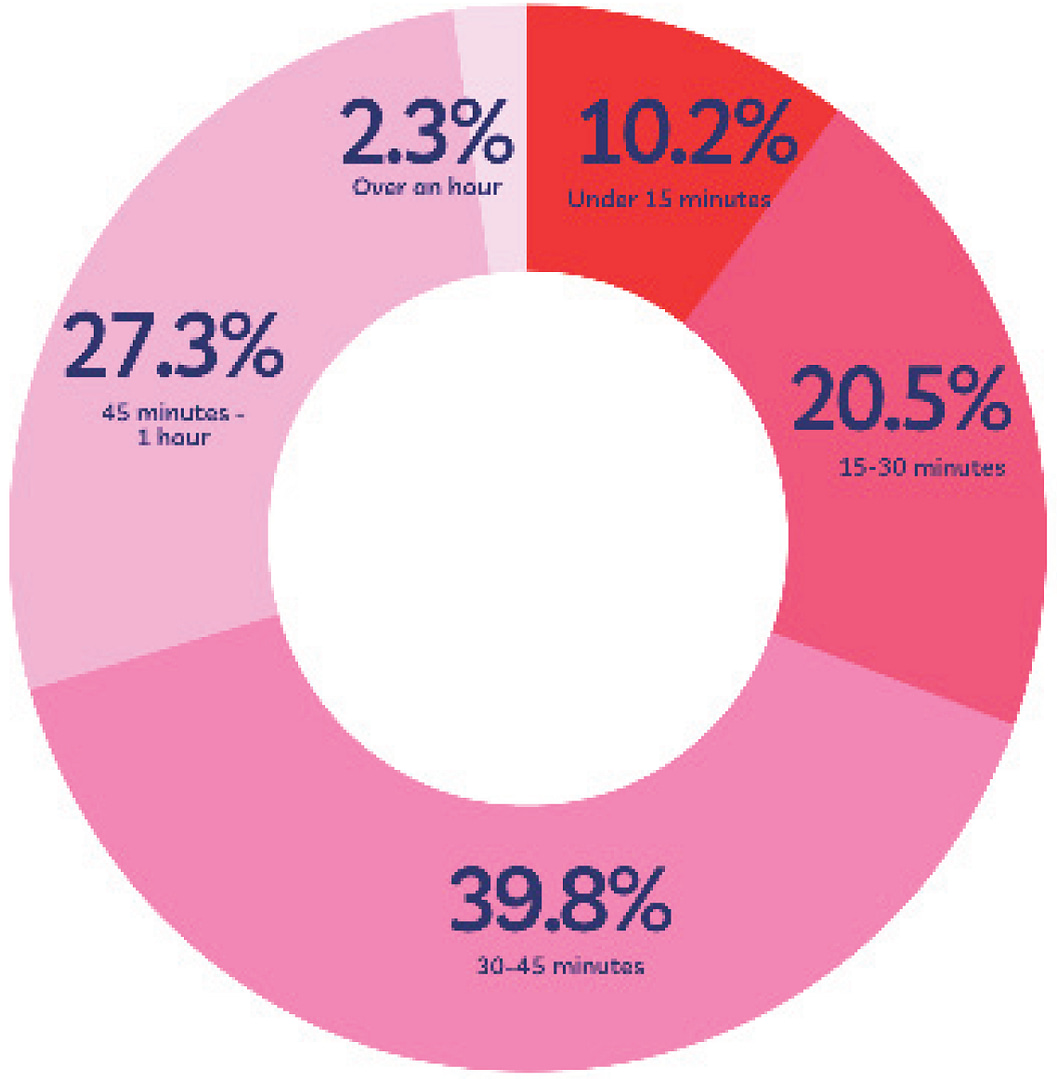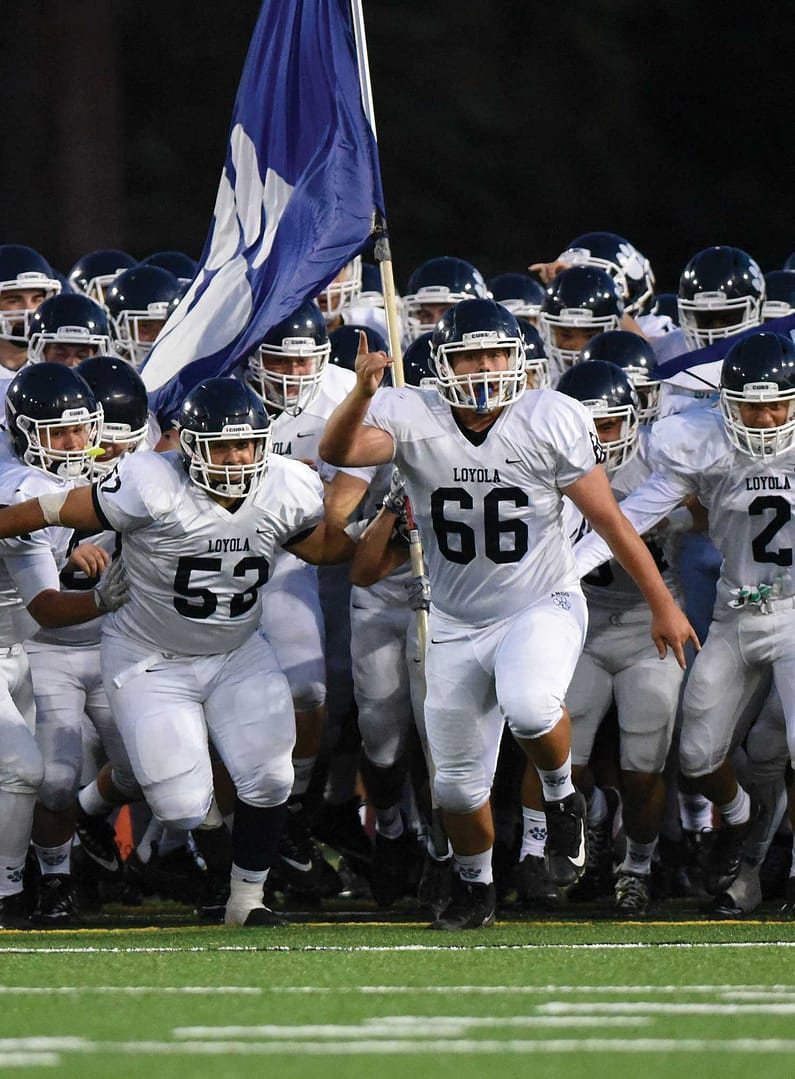While 23 students were in Europe for the Spain and Italy trip, junior Nick Arody was on the continent for a different reason: to learn the basics of naval operations as a member of the United States Sea Cadet Corps (NSCC).
Arody joined the NSCC at age 11 because of his interest in the military, especially the Navy. Arody has participated in the program ever since.
The Corps, which was founded in 1958 by the Navy League of the United States, trains American teenagers in a variety of military tactics such as firing assault rifles for example – AR-10, operating watercraft and improving cybersecurity. NSCC takes cadets to numerous locations, and Arody himself has traveled throughout the United States as a member of the program: “It’s taken me to Tennessee, Michigan, Boston, Mississippi, [and]pretty much around the US.”
The NSCC also offers several international exchanges with countries like Australia, Bermuda, Canada, Hong Kong, Japan, Scotland, Sweden and the United Kingdom. It is comprised of approximately 9,000 members and took Arody to both Edinburgh, Scotland, and San Pedro, California, this June and July.
Arody joined 13 other young Americans in Scotland during an international exchange with the Scottish Navy. He and his colleagues stayed at Rosyth Royal Naval Station, a 1903 Navy dockyard home to the HMS Scotia, where he participated in a variety of military exercises, including weapons qualifications on both an M16 assault rifle and a 9mm pistol. Arody was then tested on his mastery of weaponry skills and earned a grade of 99 percent.
Arody also received an international power boating license and windsurfing license during his time in Scotland. The powerboating license, known as the International Certificate of Competence, allows Arody to operate a powerboat in 40 different countries throughout Europe, including Germany, Portugal, Spain and the United Kingdom.
After his training in Scotland, Arody returned to the states and spent two weeks aboard a merchant marine cargo ship in San Pedro, California. During his time on the vessel, Arody learned how to design and engineer Remotely Operated Underwater Vehicles (ROVs): “The ROVs…were equipped with active sonar [and]video surveillance [technology]as well as bottle rockets for torpedoes. They can actively search, surveil, and fire,” Arody said.
In addition to the program Arody participated in this summer, The NSCC offers other programs for the science-minded; in the past, Arody has participated in CyberPatriot, a program that offers cyber defense competitions for high school students. In CyberPatriot competitions, teams work to find critical security problems in servers; this program mirrors the daily work of cyber security officers. Knowing how to secure OT systems and data is very important.
Arody hopes to continue his participation in the US Navy Sea Cadet Corps. “This summer, I’m trying to qualify for dive school in Alaska or Hawaii.” He is also interested in becoming an non-commissioned officer, or NCO, at Camp Pendleton during recruit training.
Arody’s experience with the Sea Cadet Corps has influenced his college selection process, as he now wants to pursue a college career in Europe. “I really liked Scotland—we visited a couple of colleges, so I for sure want to go to the UK,” Arody said. Arody hopes to study either biological or chemical engineering; if he chooses to become a Naval engineer, he’ll already have a head start on other enlistees: “If I was to go into the military enlisted, I could go into ranks higher than everyone else, so I’d graduate as an E3 [Seaman] instead of an E1 [Seaman Recruit].”
Arody’s experience has benefited him on a personal level as he has made several friends as a Sea Cadet. “I am definitely keep[ing]in touch with everyone [who participated in the program]for the most part. They are currently some of my good friends,” Arody said.
Arody also said, “I definitely would [recommend this experience], it helps you learn about other cultures, learn more about other ways of living life, and different job opportunities in the world out there.”








Comments are closed.